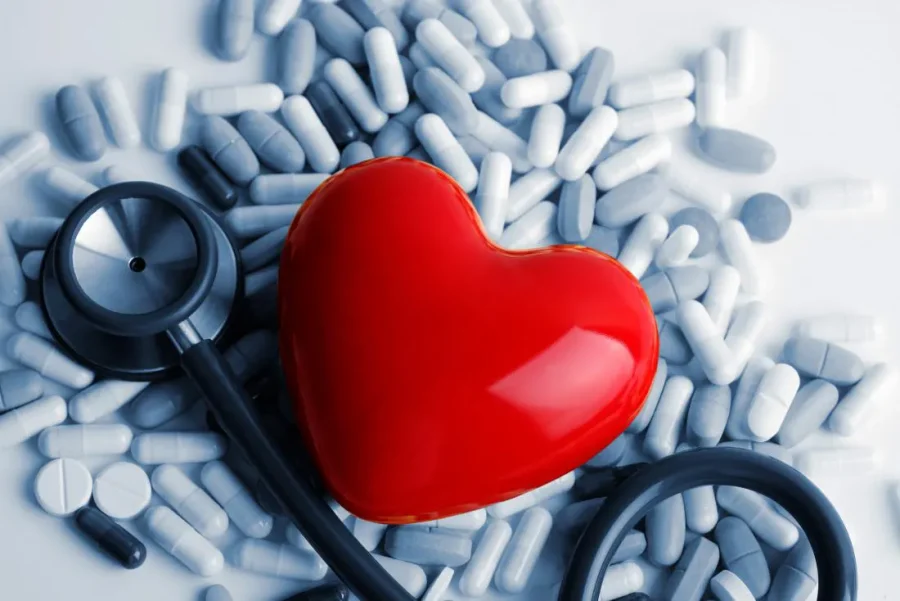Perhaps you just sat down to enjoy another slice of pie after a holiday meal and you feel a painful sensation in the center of your chest. Could it be heartburn flaring up? Or something more serious?
Acid reflux, commonly known as heartburn, is often mistaken for a heart attack. While heart attacks are a life-threatening medical emergency, heartburn is not. Recognizing the difference between cardiac and noncardiac chest pain is critical. Health Sciences Assistant Clinical Professor Jeffrey Ko discusses the symptoms of acid reflux, indigestion and heart attacks, and shares tips on how to prevent or minimize them.
Indigestion is pain or discomfort in the stomach associated with difficulty digesting food and feeling too full. Indigestion can cause acid reflux, which can cause pain in the esophagus just behind the breastbone. Due to the location of the pain, it is often mistaken for a heart attack. With acid reflux, symptoms may include pain that spreads up to the throat but not to the extremities. The pain worsens when bending over or lying down. In addition, you may sense a bitter or acidic taste in the back of the throat. And, of course, some acid reflux symptoms typically appear after a large or spicy meal. Acid reflux is quite common in adults during the holidays – especially because of all the seasonal foods.
“It’s a lot of things that we like, unfortunately: Coffee, black tea, alcohol, also fatty foods like what we eat for traditional holiday dinners,” explained Ko. “Also, common things we put in all our food like garlic and onion, even dark chocolate and mint can make acid reflux worse.” Even if you are wanting to look your holiday best, steer clear of tight-fitting clothing. This can further compress the stomach and push acid up into the esophagus and cause discomfort. Also, avoid eating close to bedtime and try to resist the urge to overeat, as this will also increase the likelihood of indigestion symptoms. Lying flat in bed can also prompt acid reflux. It is best to sleep elevated with a couple pillows, or sleep on your side on nights when you’re feeling digestive discomfort Heart attacks are more commonly missed in women and usually manifest as nausea and vomiting in women, more so than men.










